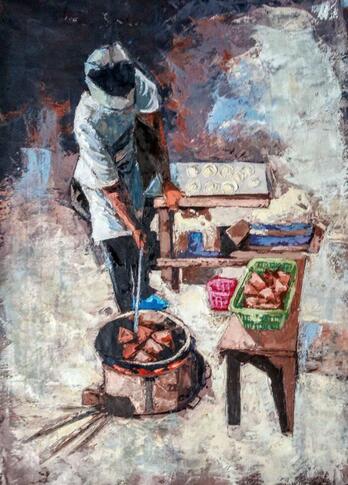 Painting by Wilson Matunda. Title not known. Source: Wilson Matunda on facebook
Painting by Wilson Matunda. Title not known. Source: Wilson Matunda on facebook From ICC, to MAGA (Make America Great Again) to CBC, to Brexit to huduma namba, and to BBI, all instances unite in politicians are hoodwinking citizens on single issues that camouflage multiple reforms that will destroy social services and suppress citizens’ rights. And these reforms are all linked to the interests of mostly Anglo-Saxon billionaires.
ICC was made the pet issue by Kenya’s current president during his 2013 campaign, and it was on the advice of a British PR company. Muigai’s supporters, especially from the Kikuyu community, were hoodwinked into believing that voting for ICC suspects was voting against imperialism. The irony was that the strategy came from imperialists.
Brexit is the same as MAGA. It is about gutting down environmental protections, protecting zero contract hours for workers, austerity and tax breaks for the 0.1%. The British were told lies that the EU caused all that, and the Remain campaign was too weak in countering those lies. That has meant that the conversation has been so dominated by Brexit, that by the time Labour tried to talk about the real issues, it was too late.
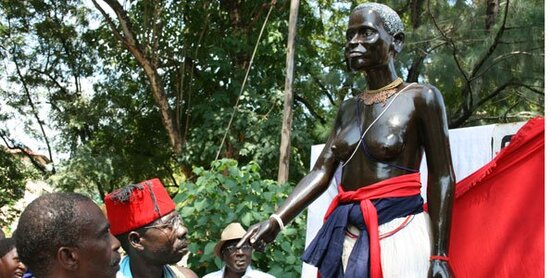
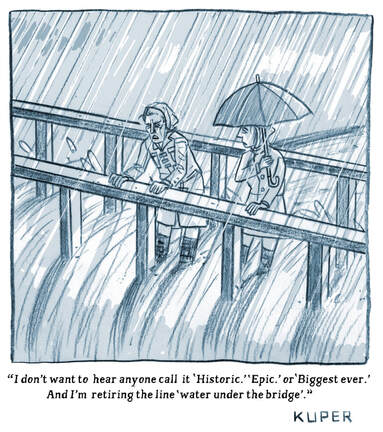

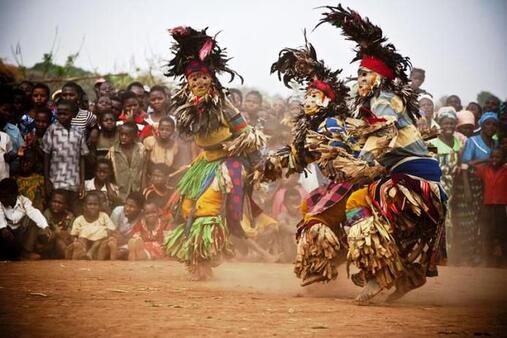
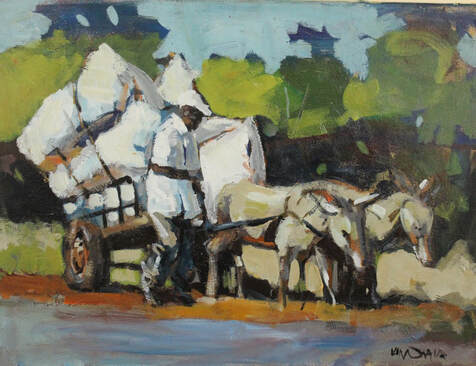
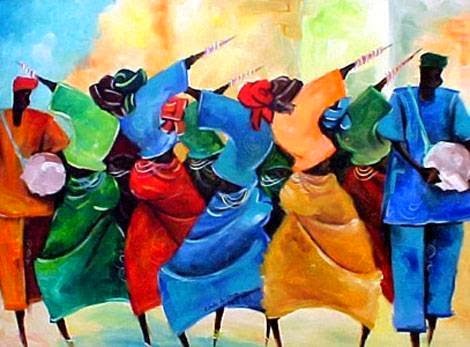
 RSS Feed
RSS Feed
